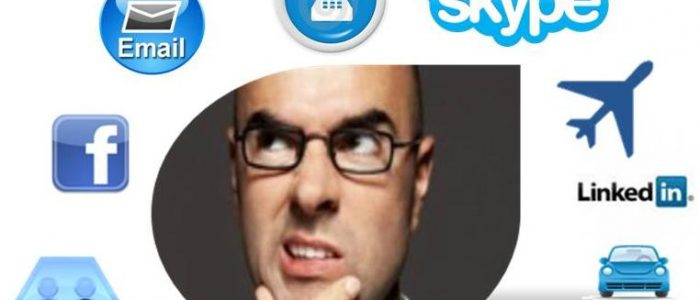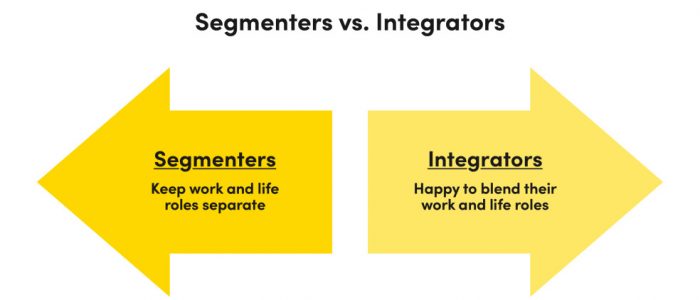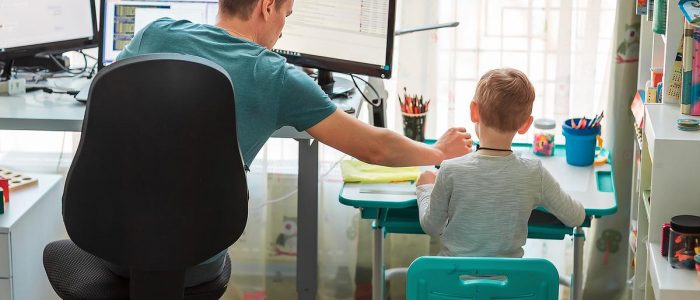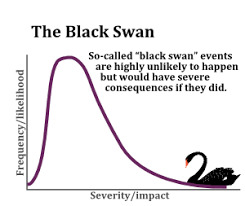Rutger Bregman’s new book Humankind provides copious examples of one of the important insights of modern social science research, namely, that when we expect more of each other, we are more likely to rise to the occasion. As Bregman explains, part of the reason is what sociologist Robert K. Merton named “self-fulfilling prophecies”: if people expect that something is going to happen,… read more →
The Covid pandemic has made more acute the need to consider how we communicate. As always, we at Mobus Creative Negotiating have been on the watch for new scholarly research which helps address issues important to negotiators. We want to bring to your attention an enlightening article by Andrew Brodsky, management professor at U Texas – Austin, in the summer… read more →
The modern world of work is blurring the lines between work and home, a development which speeded up with the Covid19 pandemic. As negotiators, we need to be sensitive to how our clients – and our own team – deal with the blurring. Modern research shows that people react in very different ways. Wharton Management professor Nancy Rothbard has spent… read more →
At a time when many negotiators are working from home, it is important to reflect on how each member of our team is reacting to that experience. We at Mobus Creative Negotiating search out the experts who have been studying how people behave in practice; we recognize that how we act can be based on our emotional reactions more than… read more →
The law of supply and demand is a powerful force, but Nobel-Prize-winning economist Richard Thaler explains in the New York Times that there are times like the Covid19 panademic when a smart business ignores that law (The Law of Supply and Demand Isn’t Fair). Thaler, along with another Nobel-Prize winner Daniel Kahneman and Jack Knetsch wrote the classic 1986 article,… read more →
We typically think of disruptions as new innovations which irreversibly change the way we do things. Computers killed typewriters, digital cameras changed the face of photography and cell phone technology forever changed, not only the way we communicate, but how we conduct business.
The current global pandemic has radically altered everyday business models. For Mobus, as with other training companies, it’s put live, in-person workshops on hold. BUT, good news! We already have a new business model up and running to solve the problem. The Mobus Creative Negotiating eCourse.
Covid19 has forced many companies to tell people to work from home. We at Mobus Creative Negotiating are watching closely what serious researchers find about the impact this is having on our business behavior. So far, not a lot of good evidence, but a lot of people are looking at the question. What we do know is not very encouraging.… read more →
The current coronavirus pandemic has led to much talk about “black swan” events. To understand what that phrase means, realize that black swans are very common. It’s just that they are common in a place not visited much for a long time, namely, western Australia. Indeed, they are the state bird of Western Australia. It is only in Europe that… read more →
In these times, we are likely to be conducting more business virtually. That presents some unique challenges which will require creativity to resolve. Well, Creative is our middle name at Mobus Creative Negotiating. Some of the best advice we have seen for how to negotiate virtually comes from a Havard Business Review post about virtual meetings, What It Takes to… read more →
We at Mobus Creative Negotiating put the word “creative” in our title because that is such an important part of modern business challenges: coming up with new ways to address old problems. Our materials emphasize the importance of approaching negotiations not only as a way to get a better price but also as an opportunity to discover new opportunities and… read more →
We at Mobus Creative Negotiating talk a lot about the insights of the modern school of economic research called “behavioral economics.” At its most basic level, behavioral economics says that you simply can’t understand how the economy works unless you understand how people actually make decisions, and the way our thought process or, our mind, works. A big name… read more →











Recent Comments